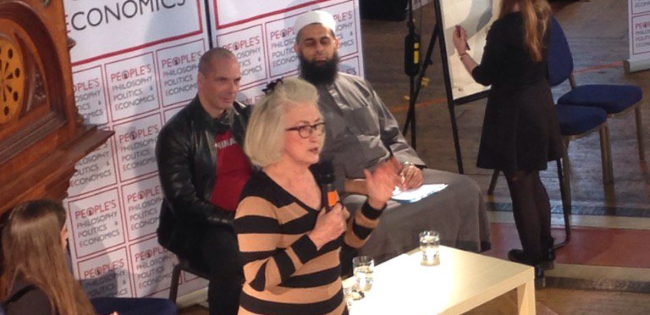David Graeber died a couple of months ago on 2nd Sept. I never met him but was introduced to his work by my son who pointed me at "On Flying Cars and declining rate of profit", and he was introduced to me as one of the world’s leading anarchist thinkers; he was teaching at Goldsmiths which is close to where I live. I didn't feel it appropriate to write anything at the time, however I was clearing up my desktop and came across "Against Economics", which is a review of Robert Skidelsky's book, "Money & Government: the past and future of economics". It is through these two articles, and his tweet stream, that I came to know him; there is much wisdom in these articles. In this blog post, I comment on three things which I think especially important. Firstly, the nature of capitalism has changed. Capitalism is no longer progressive, and its defenders are moving towards arguing there is no alternative. The problems that the economic system needs to solve are no longer growth and the resource allocation required to deliver it, but, in his words, "how to deal with increasing technological productivity, decreasing real demand for labor, and the effective management of care work, without also destroying the Earth". This would also require an equitable distribution of wealth and income, the lack which is one of the chief criticisms of capitalism. Secondly that amongst the fatal flaws in economics as a science is the truth that systems that promise a benevolent equilibrium cannot rely on expectations of exogenous rewards to act as stabilisers. Thirdly, I look at his critique of the quantitative theory of money, and his positioning of credit and debt as an exclusively social construct. For more, see below/overleaf ...
On macroeconomics, in memory of David Graeber

